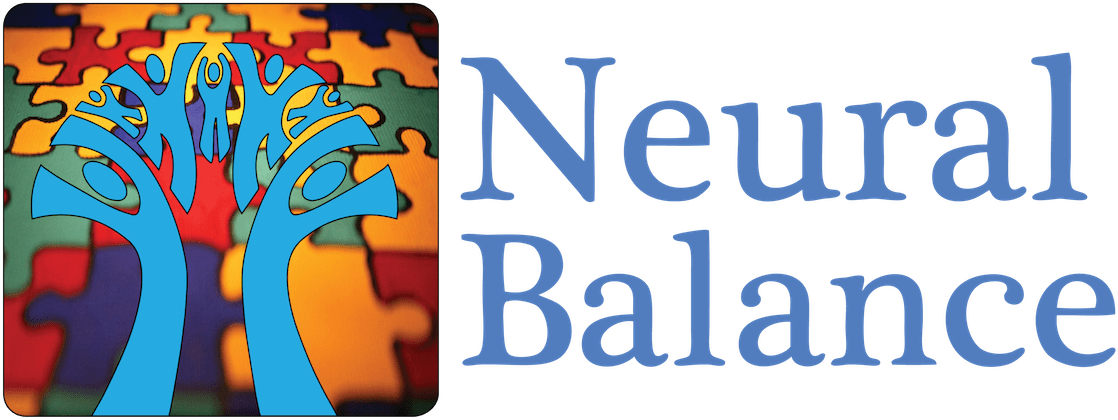
The year 2024 has ushered in significant strides in autism research, offering renewed hope and understanding for individuals with autism spectrum disorder (ASD) and their families. These developments not only deepen our comprehension of autism's complexities but also pave the way for improved interventions and support mechanisms.
Genetic Insights: Unraveling Autism's Underpinnings
A groundbreaking study has identified previously unknown genetic links to ASD, shedding light on its biological foundations. Researchers discovered that certain gene networks might play a pivotal role in the manifestation of autism, providing a clearer picture of its genetic architecture. ScienceDaily.com
Technological Innovations: Accelerating Diagnosis and Intervention
In the realm of technology, a notable advancement involves the use of artificial intelligence to expedite autism assessments. A start-up named Paloma Health has developed an AI-driven platform aimed at reducing waiting times for children's autism evaluations from over two years to just four weeks. This innovation not only promises timely diagnoses but also alleviates the administrative burden on clinicians, allowing for more focused patient care. TheTimes.co.uk
Environmental Factors: Reevaluating Autism's Causes
Recent research challenges longstanding beliefs about the causes of autism. A study by NYU Langone Health found that maternal health issues during pregnancy, such as infections or depression, do not significantly increase the risk of autism in children. Instead, factors like genetics, pollution exposure, and healthcare access are more influential. This insight shifts the focus towards genetic counseling and environmental considerations in understanding autism's origins. NYPost.com
Looking Ahead: The Road to Enhanced Support
These discoveries underscore the importance of continued research and innovation in the field of autism. For parents and caregivers, staying informed about such advancements is crucial. Early and accurate diagnosis, coupled with effective interventions, can significantly improve outcomes for individuals with ASD. As science progresses, the hope is to develop more personalized and effective strategies to support the autism community.
At Neural Balance, we remain committed to keeping you updated on the latest developments in autism research and providing resources that empower you and your loved ones. Together, we can navigate the evolving landscape of autism understanding and care.
